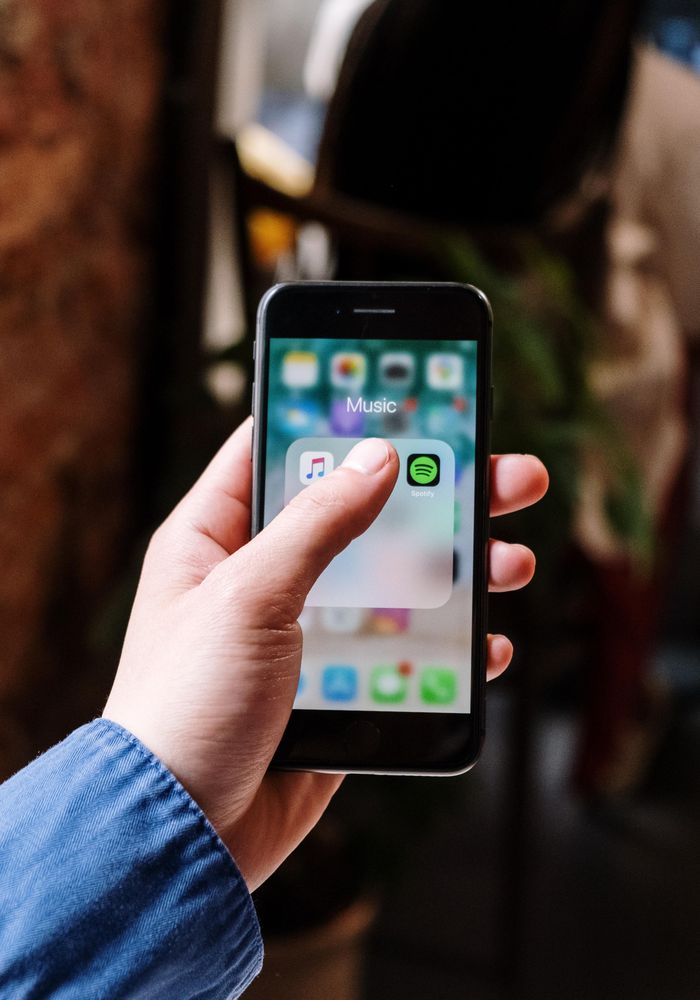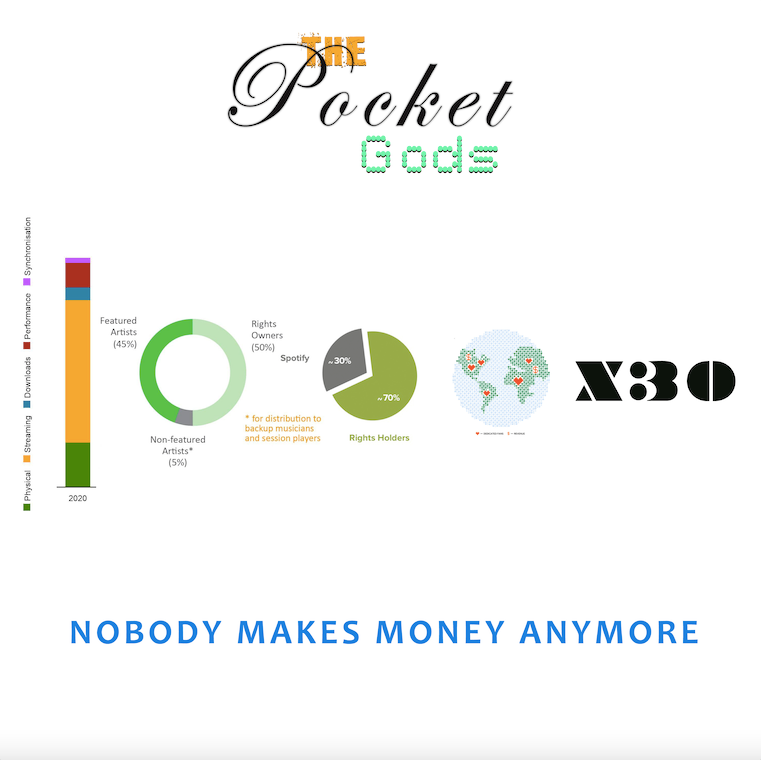Indie band The Pocket Gods have released their new album, 1000x30 - Nobody Makes Money Anymore, which consists of 1,000 songs that are each approximately 30 seconds long – which is the length after which Spotify pays out a royalty in full.
The Pocket Gods' new 1000 song album was created to raise awareness of the lack of fair and transparent royalties from music streaming, also landing the band a spot in the official Guinness World Records for most songs on a digital album.
The band state that they earn around £0.002 from each stream of a song from Spotify.
“It used to be around £0.007, which was still a pittance, but since it became a listed company in 2018 it has reduced dramatically,” said the band, which are made up of Noel Storey (keys), Mark Christopher Lee (vocals and guitar), ex Searchers drummer Scott Ottaway, and Simon Herries on bass.
“The album is out now on Spotify and has gone viral around the world,” said the band’s vocalist and guitarist, Lee. “We decided to write 30 second songs as this is the length a song has to be to qualify for a royalty, so we thought, ‘Why write longer songs anymore?’ We have enjoyed adapting our craft to the 30 second format.
“We've released this album to make a statement against the pitiful royalty rates that artists and songwriters get from music streaming services,” he clarified.
“We want to encourage a debate into how we as a society value music. It's not just the likes of Spotify, though we do note that since it bought the rights to Rogan's podcast our royalty rate has decreased from £0.007 per stream to around £0.002 per stream, but us as consumers who've been used to getting music for free or very cheaply for years, this is just not sustainable in nurturing new talent and new music."
Check out the album of 30 second songs here, which includes Noel Gallagher Is Jealous Of My Studio, Liam Gallagher Is Jealous Of My Clever Turn Of Phrase, the bbc will introduce you as long as you're under 25, Racist Seaside Town They Forgot To Close Down, I'm A D List St Albans Musician Get ME Out Of Here, Day 46 of lockdown I bet they're having parties in Downing Street, didn't think I would make it to 1000, and more.




